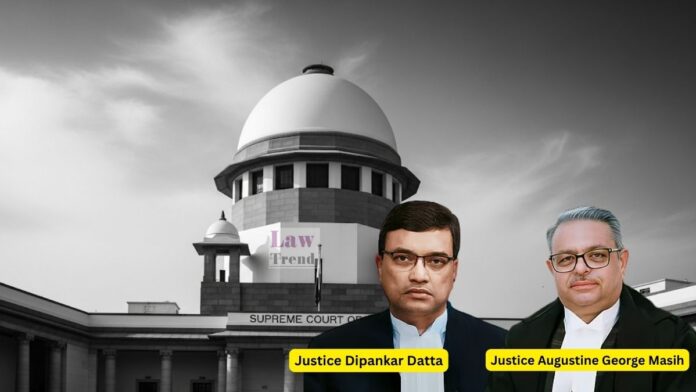The Supreme Court of India has ruled that a dispute resolution clause in a contract, which uses the word “arbitration” but ultimately permits parties to “seek remedies through the courts of law,” does not constitute a valid arbitration agreement under the Arbitration and Conciliation Act, 1996 (“A&C Act”). In a judgment delivered by Justice Dipankar
To Read More Please Subscribe to VIP Membership for Unlimited Access to All the Articles, Download Available Copies of Judgments/Order, Acess to Central/State Bare Acts, Advertisement Free Content, Access to More than 4000 Legal Drafts( Readymade Editable Formats of Suits, Petitions, Writs, Legal Notices, Divorce Petitions, 138 Notices, Bail Applications etc.) in Hindi and English.




